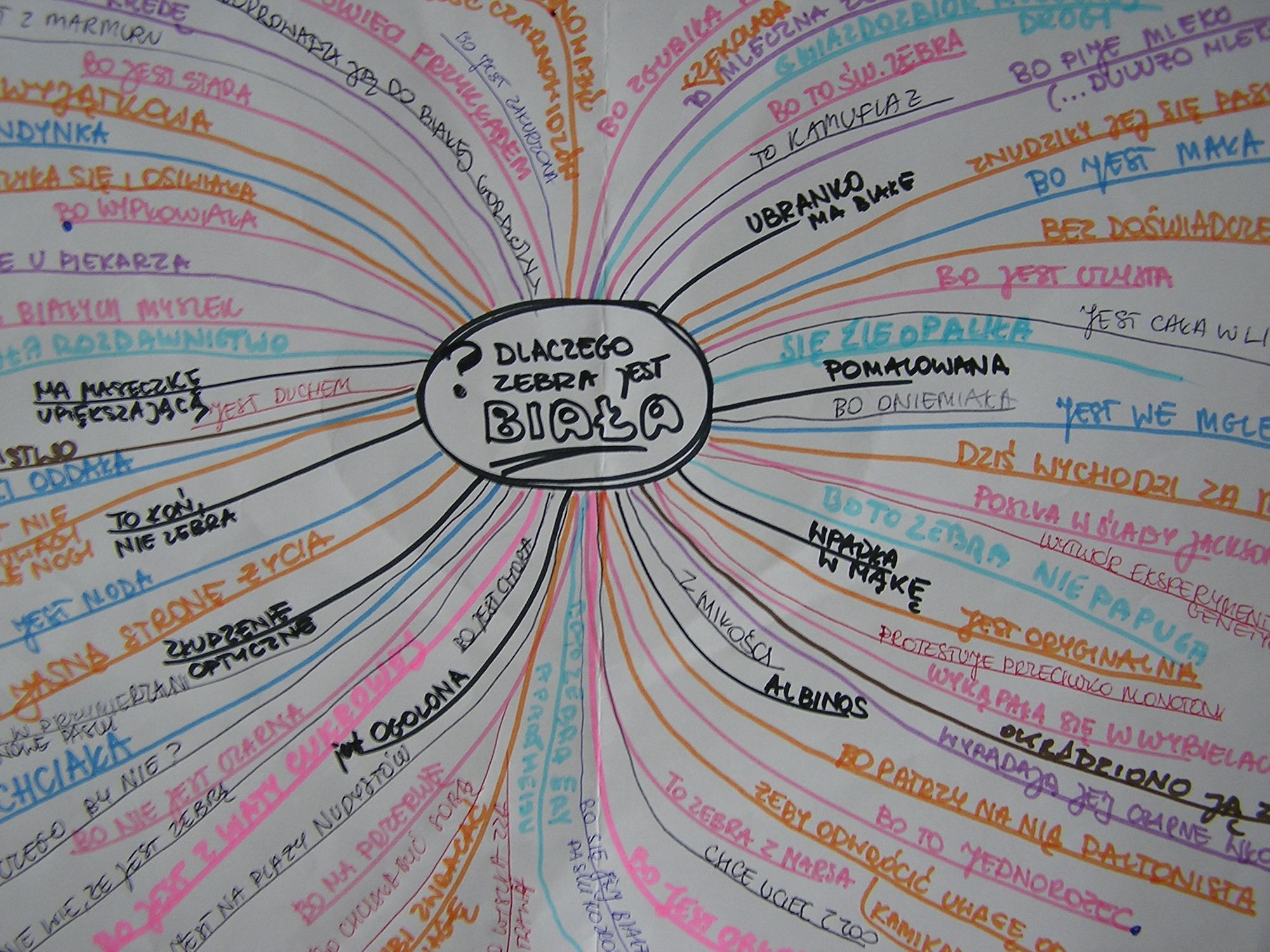How to iterate an ES6 Map, and other Javascript objects

TLDR;
- With an ES6 Map, use
for (const [key, value] of myMap), this is equivalent tofor (const [key, value] of myMap.entries()). - With an ES6 Set, use
for (const value of mySet), this is equivalent tofor (const value of mySet.values()). - With an array, use
for (const value of myArray), this is equivalent tofor (const value of myArray.values()). - With an ordinary object, use
for (const [key, value] of Object.entries(obj)).
Other notes:
- Besides above methods, there are also
- Map.prototype.keys(), Map.prototype.entries(), Map.prototype.values().
- Set.prototype.values(), Set.prototype.entries(): set's entries have the value of[value, value].
- Array.prototype.keys(), Array.prototype.values(), Array.prototype.entries().
- Object.keys(), Object.values(), Object.entries(). Object`'s/.keys().values()/.entries()return arrays whileMap/Set/Array's ones return iterable objects.- To generate an array from a list of integers. Use
[...new Array(5).keys()].map(index => generateValue(index)). - Convert an ordinary object to ES5 Map:
Object.entries(obj).reduce((map, [key, value]) => map.set(key, value), new Map()).
From ES5 Map to an ordinary object:Object.fromEntries(myMap.entries()). - To create an array from a list of elements, use literal notation, or Array.of(), instead of new Array().
new Array(3)returns an array of 3 empty elements, whileArray.of(3)returns[3].

